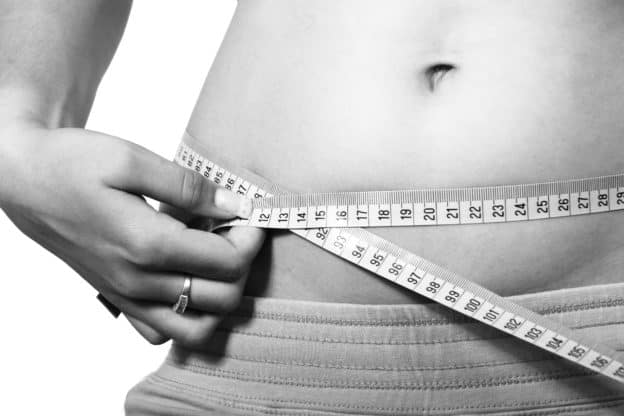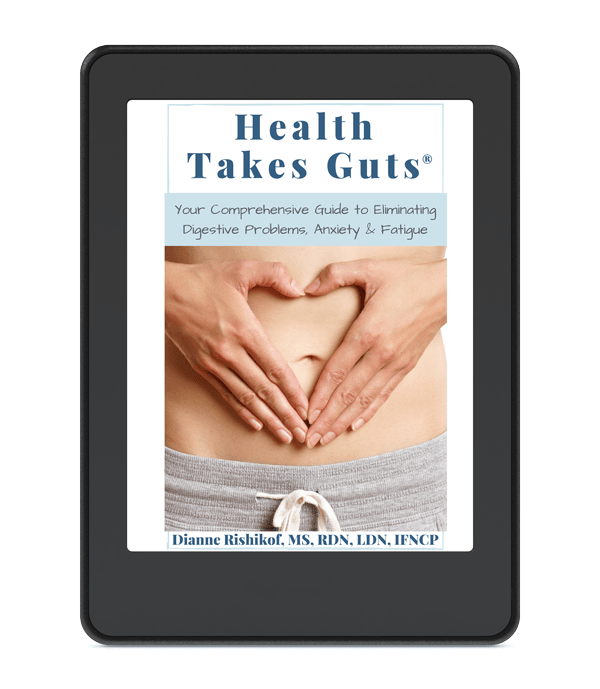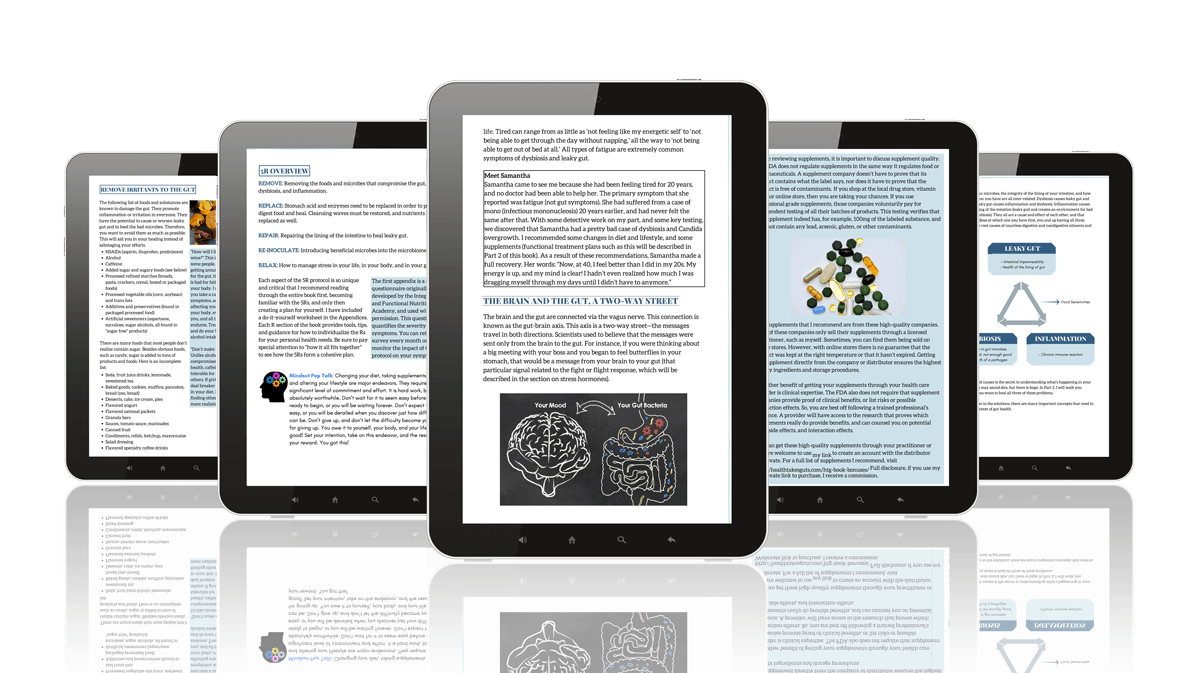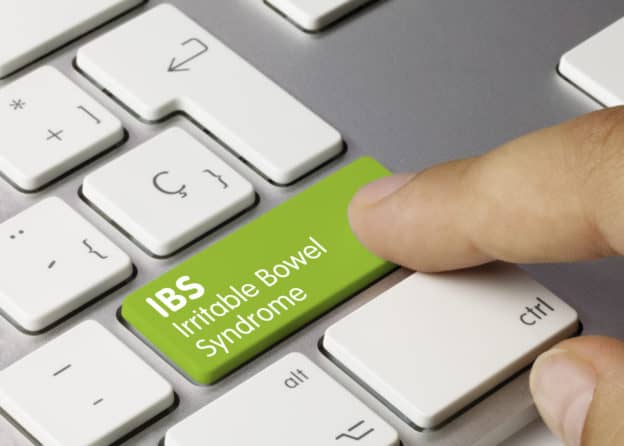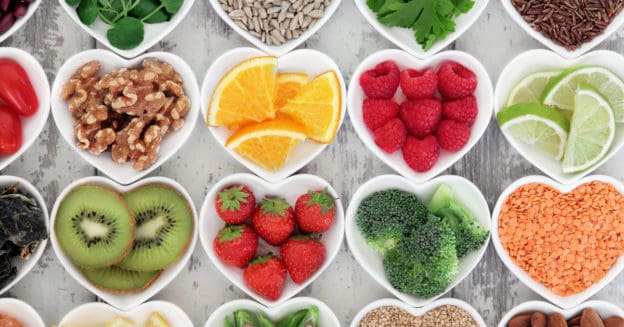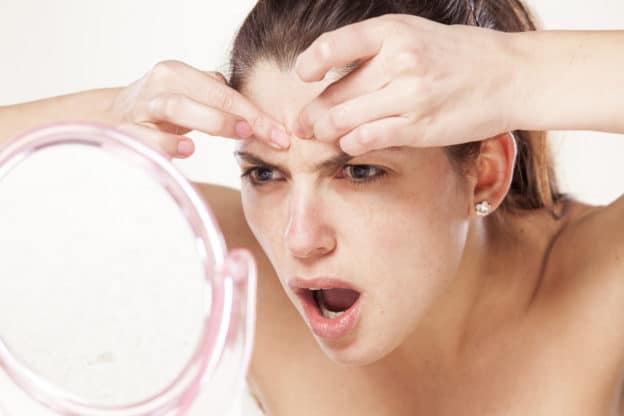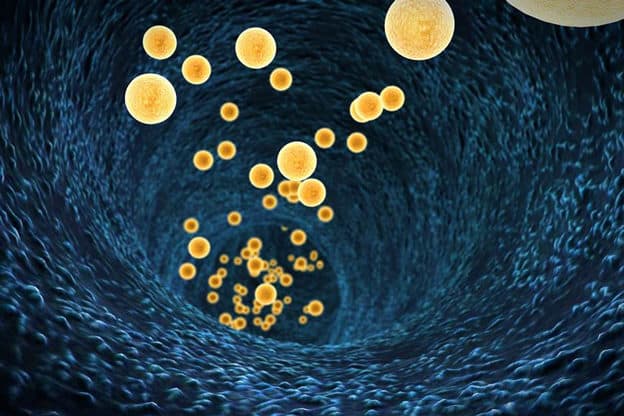Weight loss is tough. Keeping weight loss off, is even tougher. A question I get asked time and time again is: why aren’t I losing weight? The person asking is dieting and exercising and the scale won’t budge. So here are my answers:
- You are eating too much.
Maybe you are eating more than you think. Calories hide everywhere and add up real fast. Plus, it is convenient to ‘forget’ about that pint of ice cream that we had the other night. A food diary, kept honestly, and analyzed by a professional (app or person) might help.
- You are not eating enough.
You read that right. This happens more than #1. People are eating 1200 calories (or less!) a day, and that simply isn’t enough to operate a grown body. Your body needs fuel. Your metabolism slows down and you go into a primal starvation mode. Eat at least 1500 calories a day (more if you are a bigger person).
- You dieted too much in the past
You tried every diet under the sun and yoyo-ed yourself dizzy. And now your metabolism is messed up, unfortunately. A sustainable healthy diet is better than any short-term fad any day.
- Your blood sugar is out of whack.
You are eating too many sugars and processed carbs, perhaps. Your insulin is high (from a lack of exercise or a lifetime of eating too many sugars and carbs). When you eat sugar or processed starch, it goes out of your gut and into your blood stream quickly. This causes a large amount of insulin to be pumped out and now the calories get pushed into your fat cells (that is insulin’s job). Meanwhile you are hungry again. Plus, the insulin stays around and pushes anything else you eat into your fat cells. When insulin is high, you are in fat storage mode not fat release mode.
- Your sex hormones are off
Hate to say it, but as we women age, our estrogen goes down and so does our metabolism. Sometimes progesterone and testosterone are out of range too. All these can affect weight. Little known fact: estrogen and the gut are intricately related. Check out my eBook for more details.
- Your thyroid is running low
Testing thyroid hormones is one of the first things I think of when someone comes to me and isn’t losing weight. Hypothyroidism or Hashimoto’s (the autoimmune version of hypothyroidism) mean your thyroid hormones are low, slowing down your metabolism and making weight gain common (and weight loss very hard).
- You’re are stressed out
Cortisol, the main stress hormone, is high and it’s messing with your calorie usage and storage. Let’s face it, we are all stressed. And while adrenaline goes away after that meeting with your boss or fight with your spouse, cortisol sticks around. And if you are stressed day in and day out (like many of us) then your cortisol is chronically high. This not only causes weight issues, but many health problems as well. (addressed in my eBook)
- Genetics suck
I’ve said it before and I’ll say it again: genes are not your fate. It doesn’t matter if diseases run in your family, diet and other lifestyle factors play a bigger role in your health. However, genetics can be a factor too. I perform a genetics test on patients and we find out that yes, they don’t respond to cardio exercise by losing weight or they need more carbs and less fat to lose weight (or vice versa), or their genes just are stacked against them in all the weight loss areas.
- Your gut is unbalanced.
Research study after research study ties being overweight to the microbiome. If you want more information on the gut and the microbiome, read past blog articles and read my ebook.
If one of these factors is applicable to you, I suggest addressing it. Eat more, eat less, get your hormones checked, practice stress management, and fix your gut. Get an assessment done by an expert. I recommend reading my eBook that addresses these topics.
And what is the sustainable diet I recommend? Dropping the sugar and processed food. By doing so, you get rid of the empty calories, the insulin stimulating carbs, and the inflammatory foods, and the gut disrupting foods. Eat whole real foods. A sweet potato instead of bread. More fruits and veggies. You can do it! And it’s the best thing for you, in every way.

